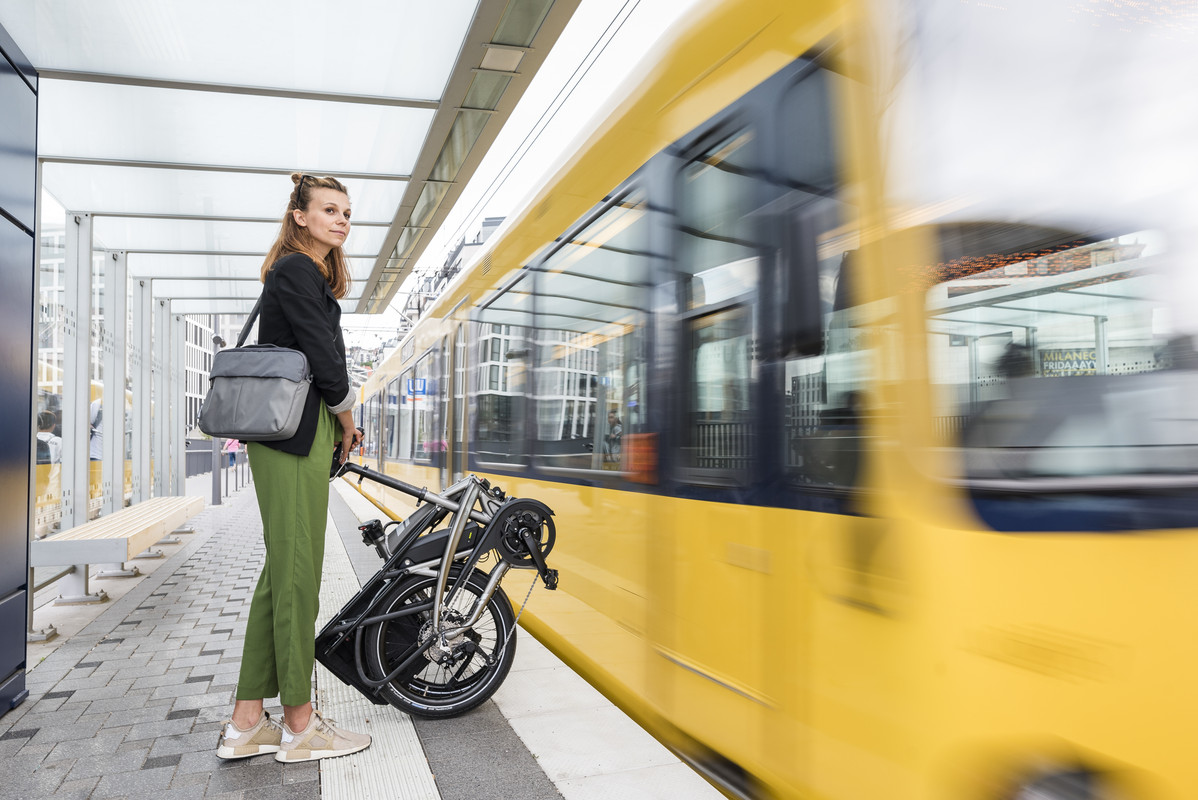Thursday, February 4th – MaaS Alliance and the European Parliament hosted an online debate “The European MaaS model-Achieving sustainable mobility event” to discuss mobility as a service and its potential in becoming the key solution to the EU sustainability goals.
CIE joined the MaaS Alliance a year ago and is working alongside other members of the platform to produce more efficient MaaS business models, in terms of both profitability and deliverables in reducing Co2 emissions and reaching the Green Deal objectives. Mobility as a Service aims to deliver both environmental and societal positive externalities – cycling holds key potential in contributing to both ends, placing it at the heart of the business models. Thus, with the uptake of MaaS platforms, cycling can play both a key role but also benefit from being an integral actor of such schemes.
During the conference, all speakers highlighted the importance of access to usage data in facilitating the uptake of mobility as a service. First, Mr. Jacob Bangsgaard, CEO of Ertico and President of MaaS Alliance, in his introductory speech, pointed out the importance of access and collection of data on usage. Following his lead, MEP Henna Virkkunen, also member of ITRE and TRAN committees, came to reinforce this argument, stating that access to data is the most important precondition for an efficient MaaS and that there is a need to create a framework for better data sharing and data probability.
Furthermore, the establishment of a level playing field and avoiding protectionist behaviour were also pointed out as crucial factors in the uptake of MaaS. Distinctly, Mr. Richard Szostak, principal advisor for digitalization from DG MOVE of the European Commission, advocated for a level playing field where public services will avoid measures of limiting access to ticketing for digital services.
Regarding the positive societal and environmental externalities of MaaS, MEP Henna Virkkunen argued that MaaS is the optimal solution to reduce Co2 emissions and to tackle the congestion problem of urban centres. To that end, Mr. Richard Szostak, outlined the necessity to nudge citizens towards active, collective, and shared modes of transport in order to achieve the Green Deal objectives. Active modes of transport, including cycling need to be at the core of the MaaS models if sustainability goals are to be achieved, Last, Mr. Erik Mind from the Dutch Ministry of Water Management and Infrastructure presented a case study from the Netherlands, on how they are working on creating a level playing field by accessing data from all available applications and process them in the same manner in order to achieve an open ecosystem. We see now that cycling data collection and availability is crucial for the creation of a level playing field and open ecosystems which include cycling. Furthermore, the cycling community needs to also cooperate with the other stakeholders. Mr. Erik Mind highlighted the need public and private cooperation; “MaaS suppliers, governments and transport operators need to cooperate” he said.
If MaaS platforms are to become the new normal within the next decade/s, we need to make sure that cycling holds its rightful place by being part of the discussion and effort in developing efficient bike sharing business models and forging a level playing field, where cycling is considered a key player. Lastly, as argued during the event, access to usage data is key in the deployment of MaaS platforms, and in their design; we also need to make sure cycling data is collectively gathered in a harmonized manner and cooperate with the other service providers and public authorities to make sure that cycling data is included in the open-source systems of MaaS, giving the end-user up-to-date information and making cycling an easy and highly attractive choice.
Share on Linkedin Share on Facebook Share on Twitter Subscribe to our newsletter